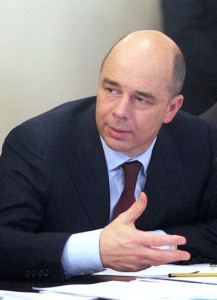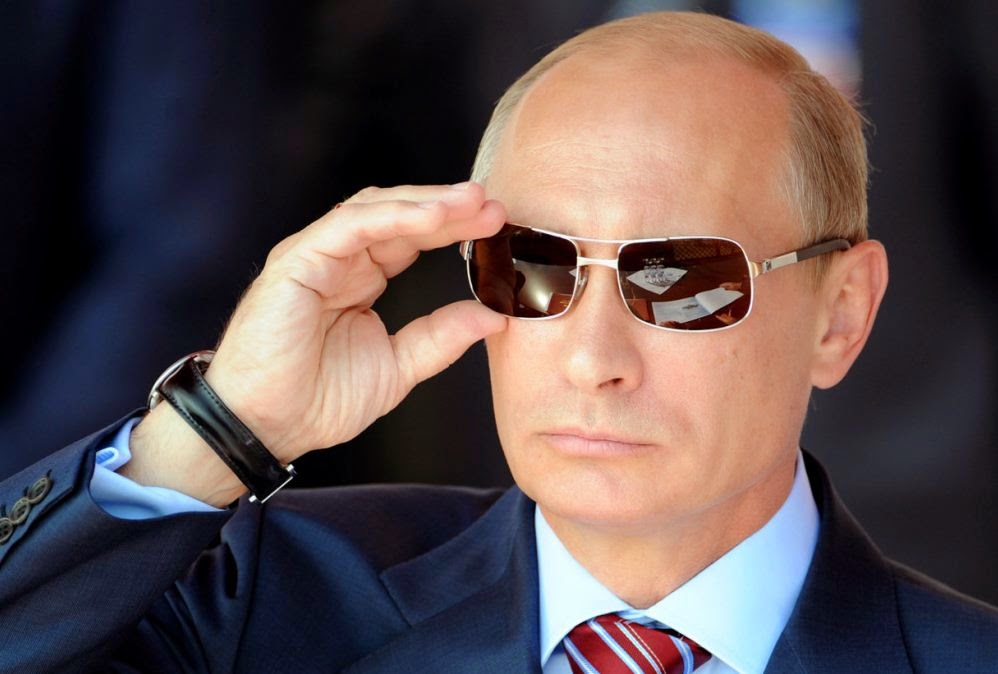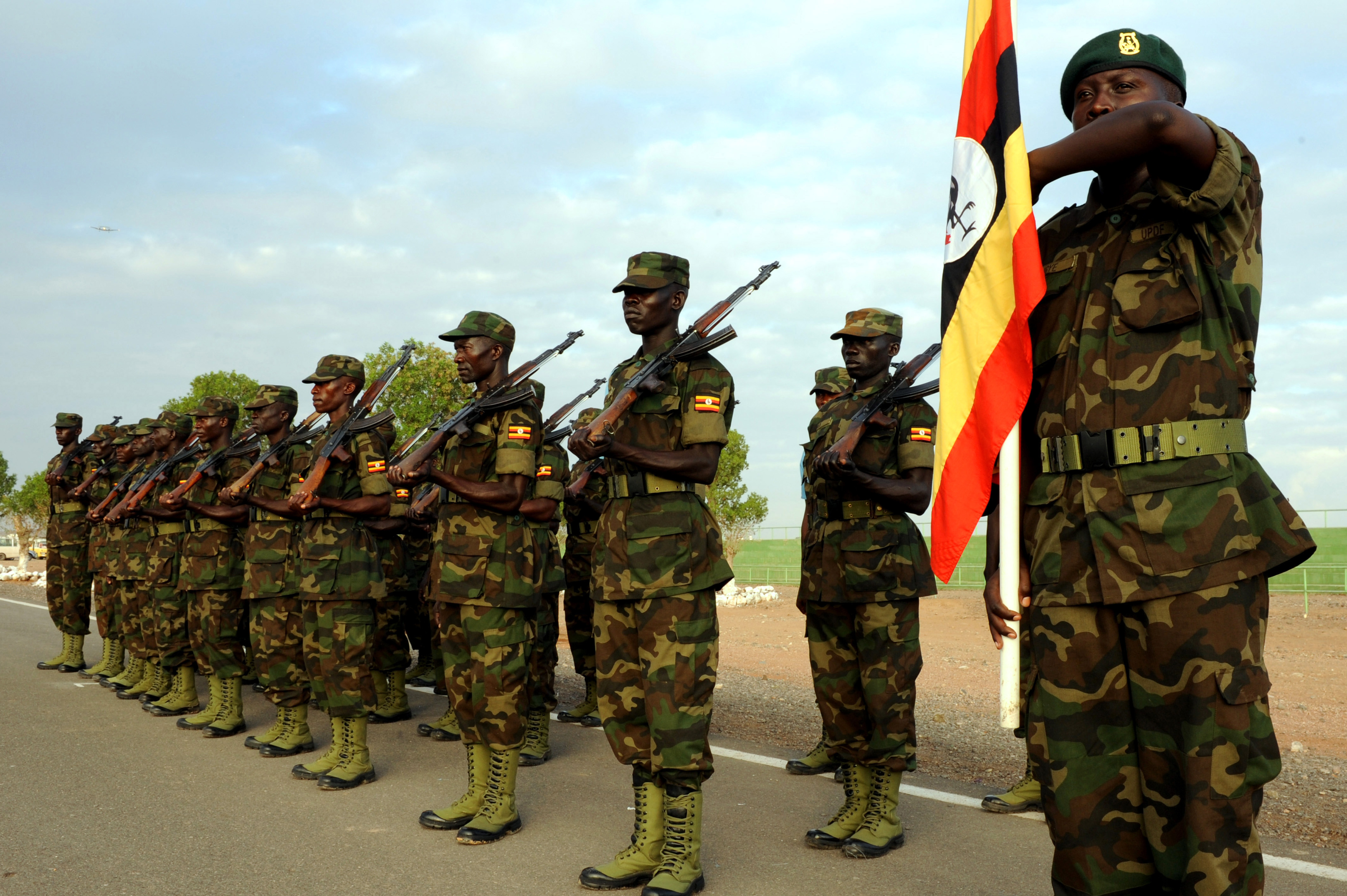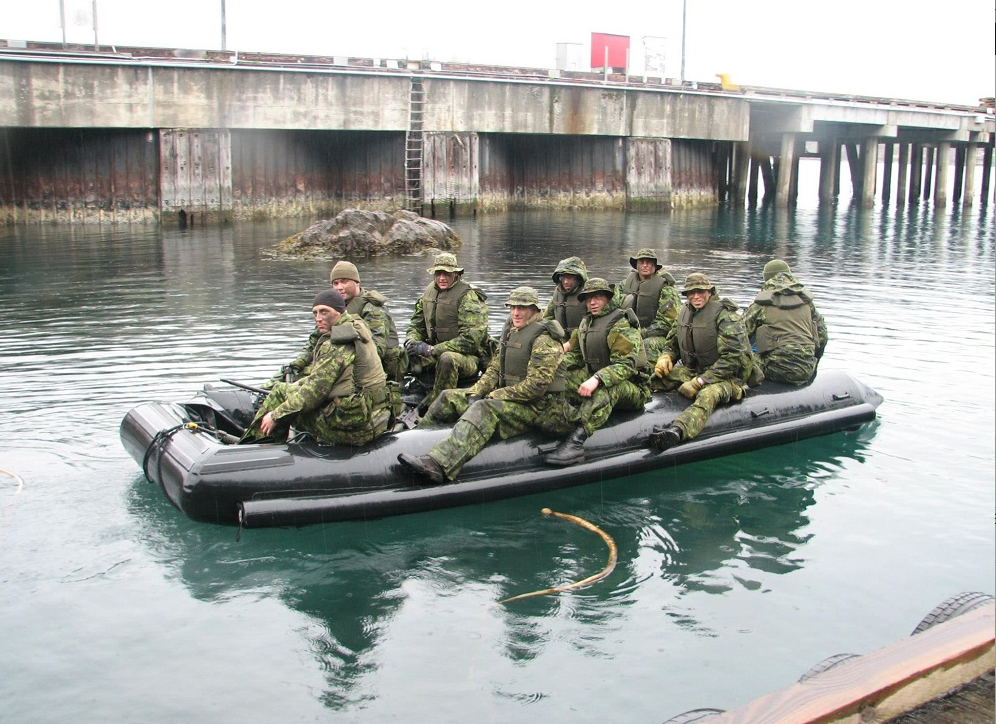Putin’s Russia is currently in the most precarious position that it has been in since the fall of the USSR, as NATO grows in power in the eastern European region while the Russian economy is faltering. Putin appears to be concentrating his power for fear of Western encroachment in Russia’s backyard.
Since the 1990s, Putin has countered NATO expansion in Eastern Europe with military intervention. Russia is still mired in realist geopolitics, and continues to dislike the fact that NATO and EU expansion continue to push East, towards its border. The Russian intervention in Georgia in 2008 and the intervention in Ukraine last year are examples of Russia’s firm stance on Western expansion. The official Russian narrative is that both Georgian and Ukrainian nationalists acted with Western military and financial support.
“When we were adopting the defense program, the forecasts for the economy and budget revenues were completely different. Right now, we just cannot afford it.” – Siluanov
Russia has stepped up its military spending, accounting for 4.7% of its GDP in 2014. Russian planes and vessels entering sovereign territory have become almost commonplace in NATO states, with increased incursions into Canadian airspace over the Arctic, British airspace, and coming within 50 kilometers of American airspace off the Pacific coast. Russian forces have also been conducting massive military drills in the Arctic, the Baltic Sea, and in the disputed areas which had been annexed during the Georgian and Ukrainian crises.

Scholars and policymakers alike attribute a portion of Russia’s aggression in Georgia and Ukraine to Western actions. Neorealist scholar, John J. Mearsheimer, argues in a recent Foreign Affairs article that Russian aggression is a response to NATO expansion into Eastern Europe. With Georgia and Ukraine sharing large borders with Russia, Mearsheimer argues that Russia would be forced to pursue military action if either one were to fall into the NATO sphere of influence. This affront to the Russian ‘sphere of interest’ has been a major sticking point between NATO and Russia. In 2002, NATO went so far as to create the Russia-NATO Council, with the intention of coaxing Russia to play by the rules espoused by the Western status quo. However, It is clear that Russian defense policies are diametrically opposed to those of NATO, which Mearsheimer attributes to the governing ideologies of both sides.
The West has embraced a liberal view of international relations, moving past the Realpolitik that governed the majority of policies pre-and-post-Cold War. Their focus has been largely the promotion of economic development and the proliferation of western democratic ideals in order to foster increased trade and investment. Western powers have also supported the sovereign right of countries to determine their own future, and seek out alliances as they see fit.

Russia is still married to the concept of geopolitics, the effect of geography on international policy and international relations. Over the past decade, it has become apparent that Putin’s ultimate goal is the creation of a neo-imperial Russian empire, gathering back as many former Soviet Bloc states as possible . Viewing NATO advancement as Western hostility, Putin is playing upon the narrative of protecting ethnic Russians, a core reason for Russian involvement in the areas of Eastern Ukraine, Abkhazia, and South Ossetia. In an attempt to counter NATO, Putin also formed the Eurasian Economic Union. While member states are still few (Belarus, Kazakhstan and Armenia), the threat of economic retribution can be enough for other states in the region to be strong-armed into joining.
Russian military spending comprised 4.7% of its GDP in 2014. Military expenditures increased by 18% in 2014, reaching a staggering $81 billion (USD). Current forecasts place 2016 expenditures around $95 billion, with a 31% increase. Putin plans on modernizing 70% of Russia’s dated military equipment by 2020, totalling well over $700 billion. In terms of GDP percentage, Russia has spent more on its military than the US since 2014. The results of this can be clearly seen in Russian military expansion into the Arctic, massive military drills across the region as well as frequent incursions into and near sovereign NATO territory. Last month Russian ‘Bear’ bombers were intercepted off the coast of the UK, and directed to international waters. Other ‘Bear’ bomber sightings also occurred in the fall of 2014, off the US Pacific coast. Russian sea and air vessels have been spotted and chased out of Swedish territory in the Baltic Sea in recent months also. It is clear that Russian aggression has been directly tied to military spending, and the onset of this aggressive military doctrine stems directly from Putin’s view of apparent NATO aggression.

While Russian military aggression has been escalating, the Russian economy has been faltering. Due to 70% of Russia’s exports consolidated in gas and oil, the strength of the ruble is strongly tied to the global price of oil. Producing over 10 million barrels per day of crude, the Russian economy took a massive hit in 2014 when the price of crude dropped from $101 USD per barrel to a decade low $60 USD per barrel, due to global oversupply. This has only added to Russia’s economic woes resulting from the West’s economic sanctions due to the Crimean crisis. Sanctions were placed on both imports and exports, as well as shutting out Russian banks from the international market. This has caused the ruble to drop 46% in 2014, while consumer inflation has risen by an average of 17%. This economic recession has prompted Russian Finance Minister Anton Siluanov to state that Russia must change its military progress in light of the current financial crisis, stating “When we were adopting the defense program, the forecasts for the economy and budget revenues were completely different. Right now, we just cannot afford it.”
Putin has been playing a dangerous game with his expansionist policies, and it is his nation that has been bearing the brunt of international backlash. In combination with a crackdown on civil liberties, it seems that Putin’s consolidation of power has led him down a very isolated path in the international community. While attempting to revive the Russian empire, and countering what he has seen as NATO aggression, Putin has placed his country in a precarious position. In so doing, he has made an overcommitment to military expansion, and territorial expansion in Georgia and Ukraine, all during a time of financial crisis. Putin has shown his hand, and these overly aggressive policies are reflective of a leader who is worried about his place in power.



